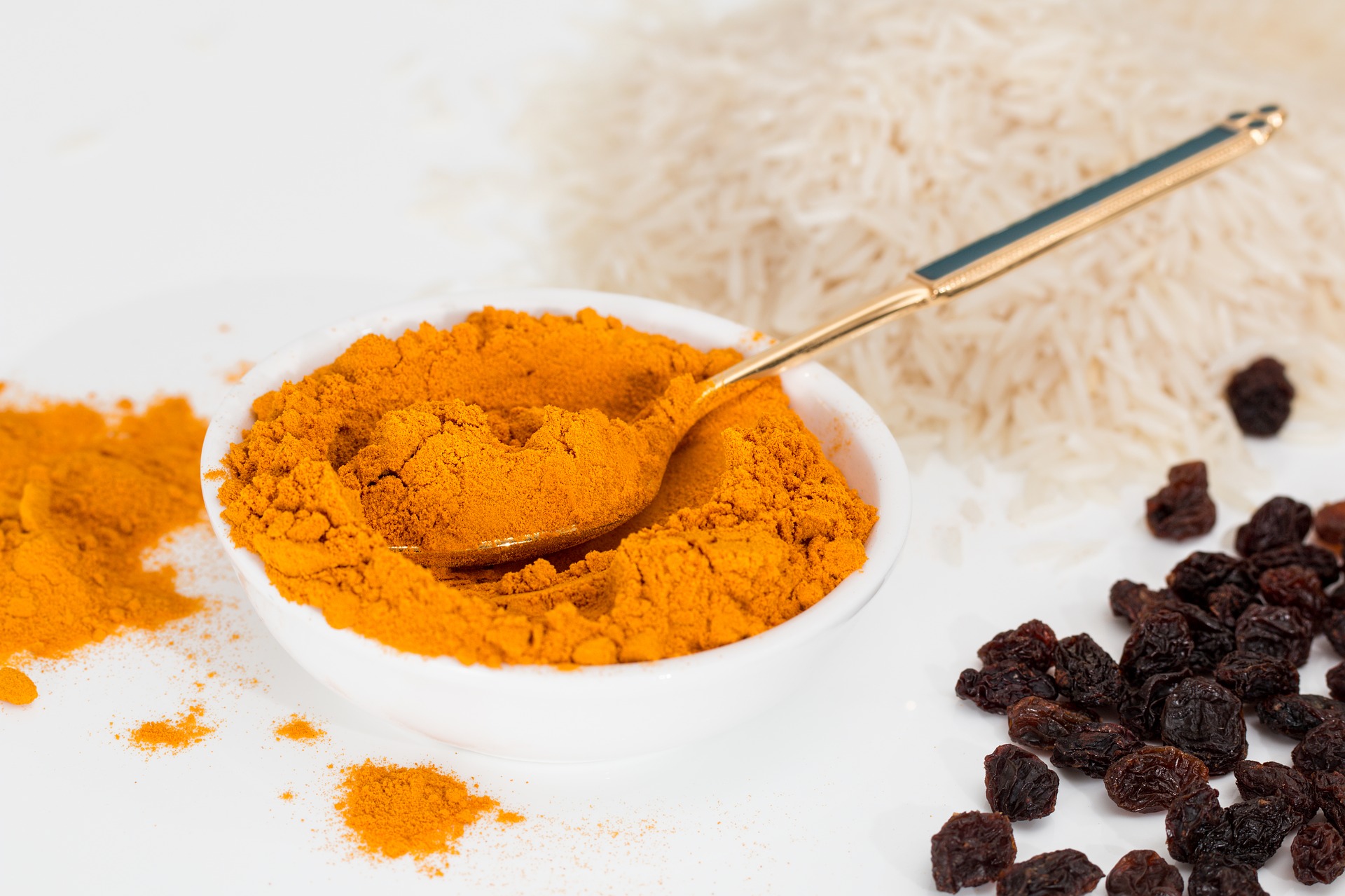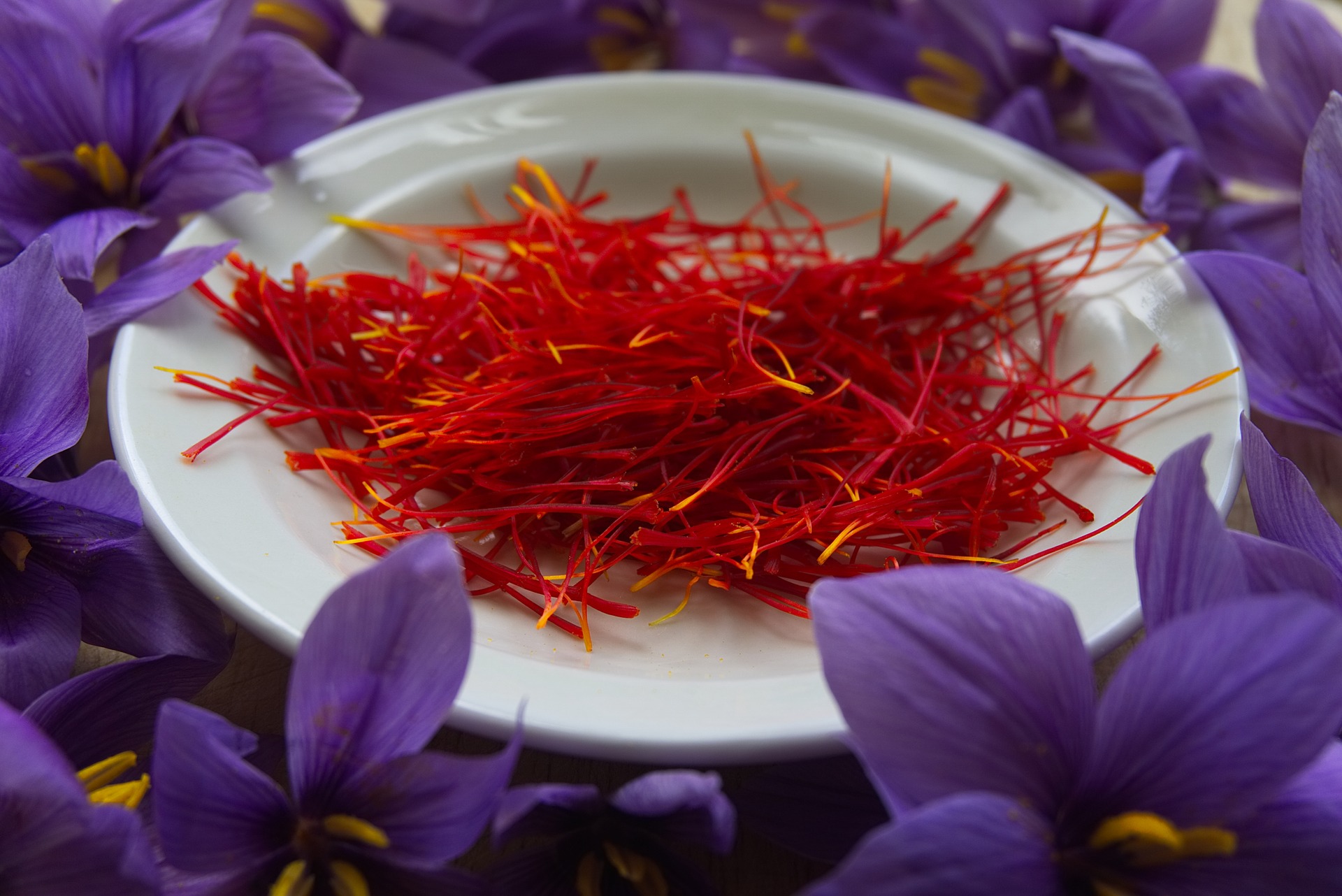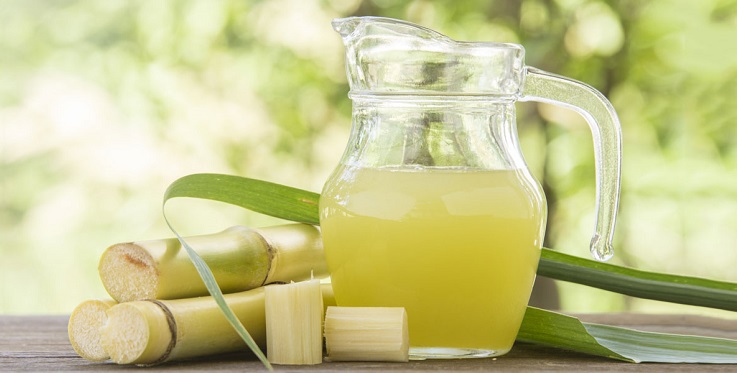
– The humble spice, jeera (cumin seeds) hydrates, has detox benefits, reduces body heat, cures itchiness and works wonders for those troubled with acne and pimples.
Soak one tsp of jeera overnight along with a tsp of mishri (rock sugar). In the morning first thing, strain the mixture and drink the water. Alternatively, you can put jeera powder to your buttermilk or curd.
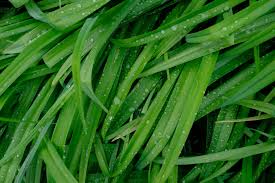
– Lemongrass is a great herb for the summers. It treats indigestion, keeps you hydrated, improves gut function and cools the body. You can make lemongrass tea by seeping the grass in water. Also, you can use lemongrass by soaking a mesh bag with a handful of leaves in your bathing water.

– Avoid having alcohol. Alcohol is dehydrating in nature and can add up to the dehydration the heat brings along. If you must, then ensure you drink plenty of water along with your drinks. One glass of water for every glass of drink is a good way to start.
– Avoid refrigerated water as it hampers digestion. Ayurveda also has always advised against the consumption of chilled water. Instead, drink ‘matka (earthen pot)’ water. It is naturally cool and has the unique property to reduce the temperature of water in accordance with the climate
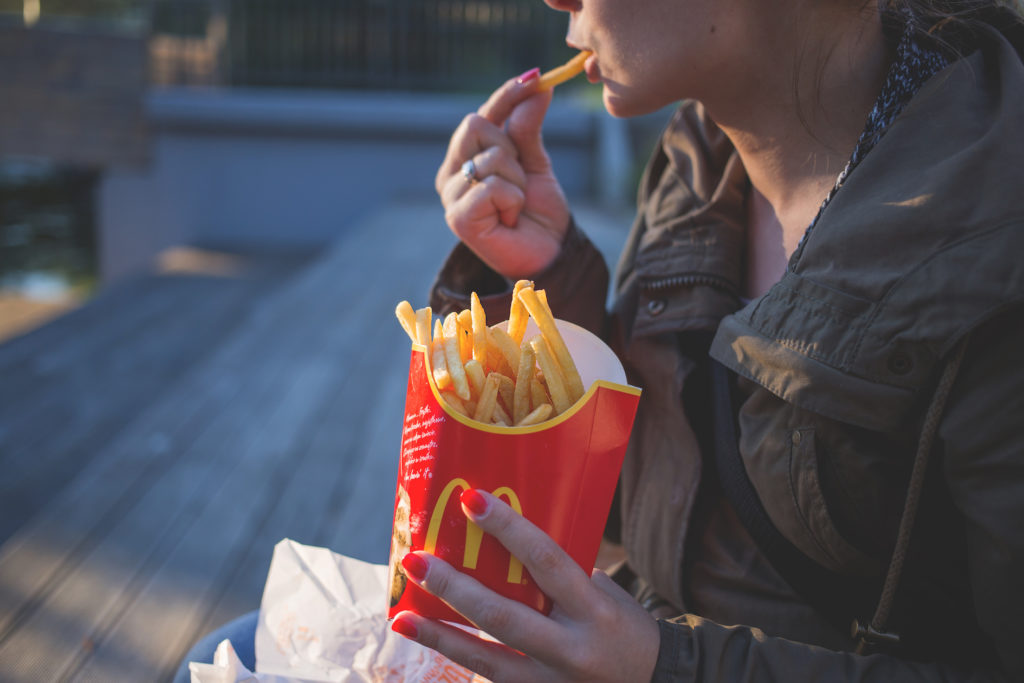
– Avoid processed foods like chips, cookies & packaged sugary drinks and beverages. They are actually dehydrating and can reduce the amount of fluid that your body actually retains. Instead, have fluids like coconut water, homemade sherbets, buttermilk, curd etc.
Unsure about the right diet for you? Are you torn between what you’d love to eat and what you hear is unhealthy for you? Sign up for a one-on-one nutrition & diet consultation with leading Mumbai dietitian Munmun Ganeriwal












